A conservation breeding program to help save koalas
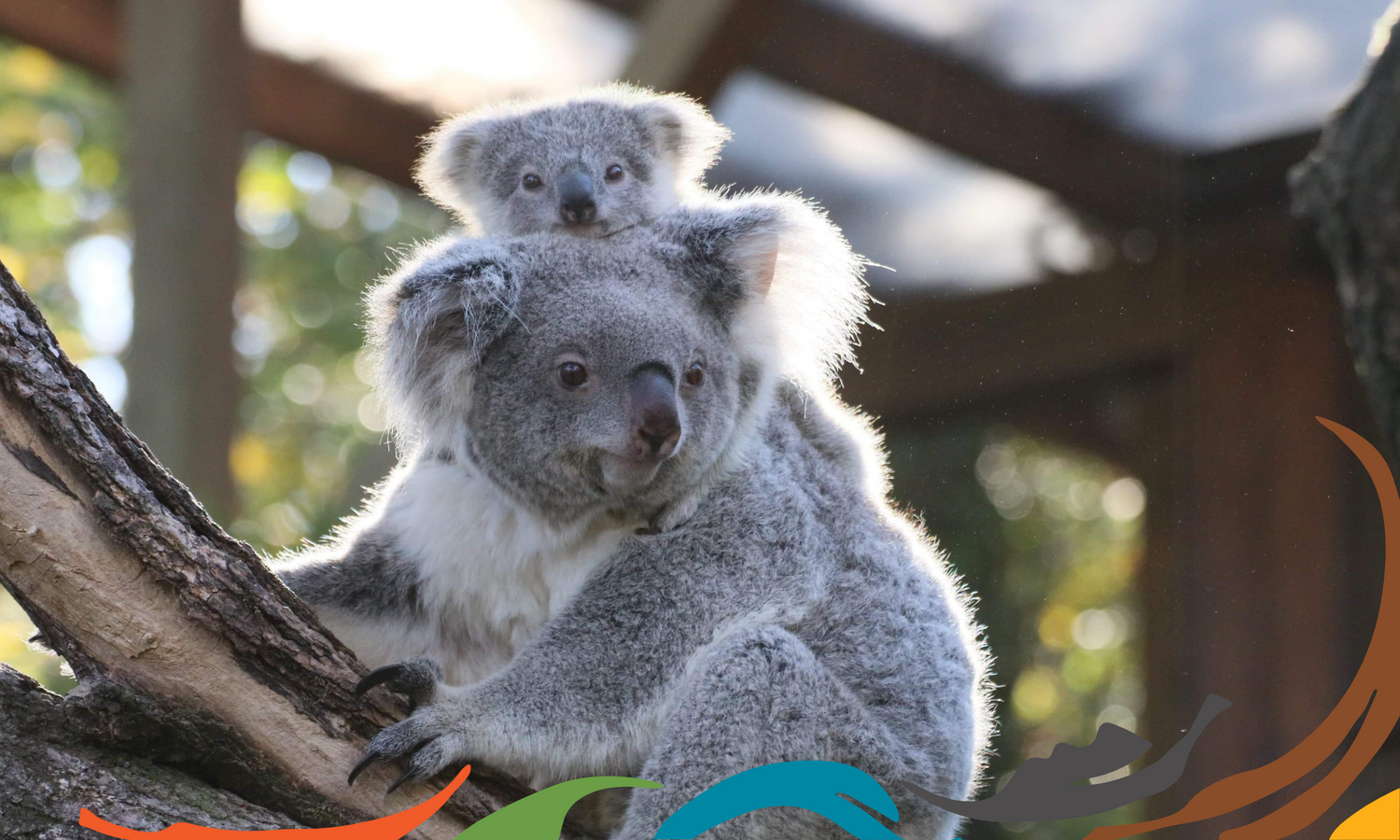
Can you imagine Australia without our iconic Koalas?
No, we don’t want to either.
However, we are now at a critical point in their survival. Koala numbers continue to decline due to habitat loss, disease, road strikes and dog attacks. The Black Summer Bushfires has now pushed this already threatened species to the brink of extinction.
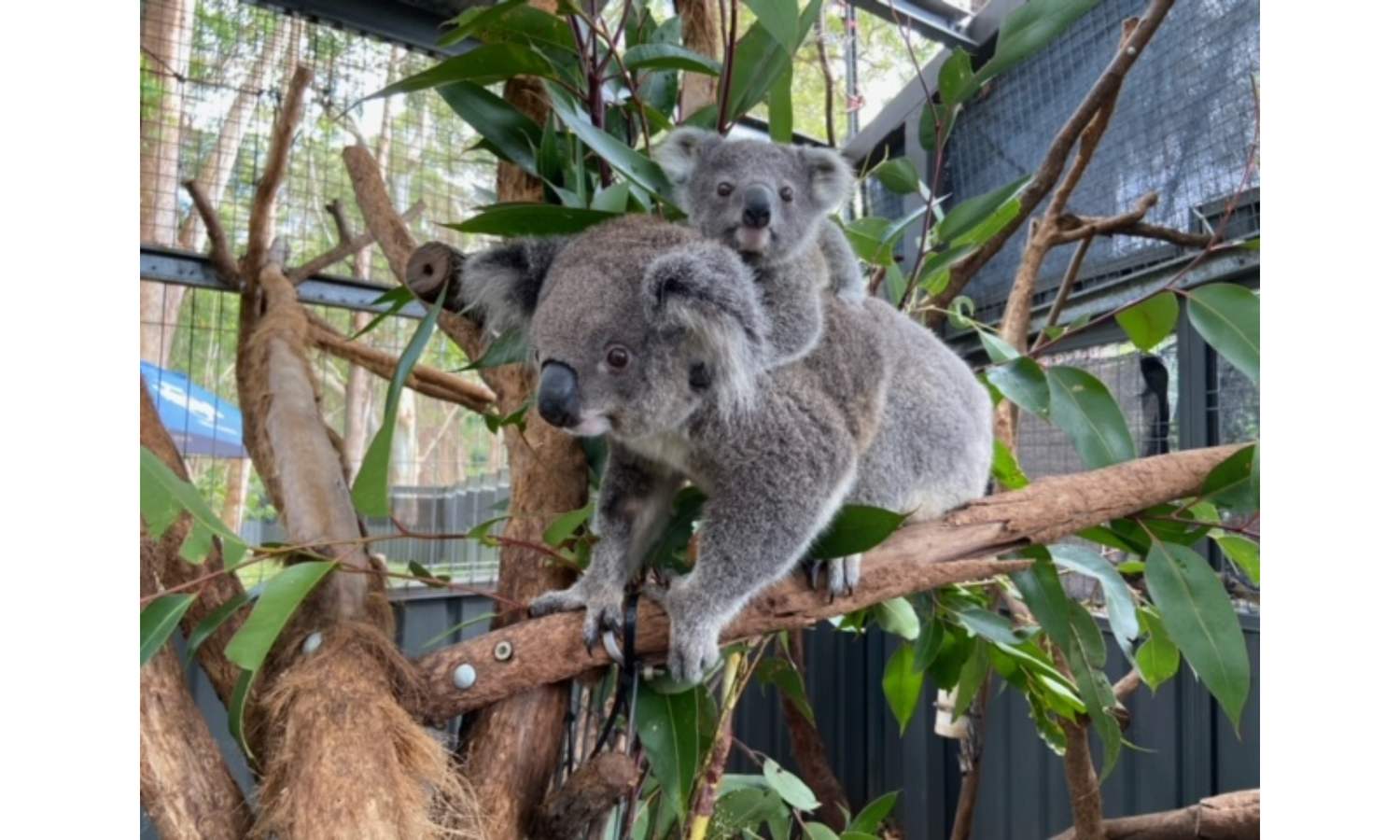
To help save this endangered species, we are taking urgent action
Koala Conservation Australia (KCA) is establishing a
Wild Koala Conservation Breeding Program.
The program will operate from a purpose-built facility solely funded by KCA thanks to our generous donors! The program will contribute significantly to the conservation of koalas in the NSW mid-north coast, and beyond, via translocation projects utilising koalas bred within this program.
-
Why a Wild Breeding Program?
A small number of Koalas are bred in captivity each year. However, on release to the wild, these relatively ‘humanised’ koalas are especially vulnerable to starvation, injury and attack. Unfortunately, wild breeding rates are also declining, largely due to disease and a loss of genetic diversity as habitats continue to be squeezed. Without intervention, the outlook is grim.
Enter KCA’s world-first Wild Koala Breeding Program, developed in partnership with Taronga Conservation Society, University of Sydney, and the Australian Museum Research Institute.
-
We aim to breed wild koalas from a carefully selected healthy ‘founder’ population, in a scientifically controlled research and breeding facility. This naturally forested facility will be as close to wild Koala habitat as possible, whilst retaining strict animal health protocols.
Project Aims:
- To establish a genetically diverse founder population of NSW North Coast koalas for the purposes of translocation to prevent the koala from becoming extinct, and
- To genetically rescue koala populations by improving disease resistance, increasing genetic diversity, and lifting fertility rates using genetic information and selective pairwise breeding.
Come with us on a Wild Koala Breeding journey
It will all be happening at Guulabaa (pronounced Goo-lah-bah), which means ‘Place of the Koala’ (Gathang language). We have partnered with Bunya Land Council, Forestry Corporation of NSW, and Wildnets Adventure Park to make Guulabaa a fantastic and welcoming place for the public to visit, learn and play.
Breeding Program Goals
- Establish a sustainable genetically diverse founder population to act as a source for translocations in the NSW north coast region;
- Provide ex-situ bred koalas for translocation and help deliver one of the eight initiated translocations by 2026 (as per NSW Koala Strategy);
- Provide baseline data on koala health and genetics (this will involve detailed data for approx. 55 koalas), sharing results for research;
- Reinforce struggling koala populations by increasing genetically fit and disease resistant koalas;
- Obtain genetic security of the endangered species during unprecedented events; and
- Develop scientifically robust standards which can be replicated by others to establish ex-situ koala populations, and strategically target habitats and regions for koala population reinforcement and/or reintroduction.
Our Breeding Partners
-
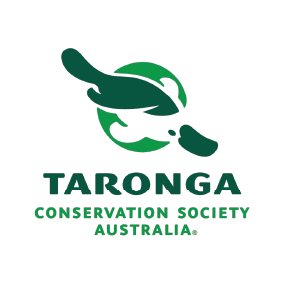
Taronga Conservation Society
hasa number of state and nation-wide strategies aimed at stopping the decline, and to support the recovery of, species under threat. These programs are collaborative efforts that identify the steps that need to be taken to ensure species’ long-term viability, and determine the most appropriate parties to undertake them.
-
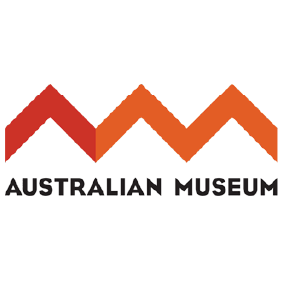
Australian Museum Research Institute
The Australian Museum Research Institute specialises in the use of genetics/genomics to inform evidence-based management of Australian wildlife. The sequencing of the koala genome, announced in 2018, is an example of the pioneering collaborative research that they perform.
-
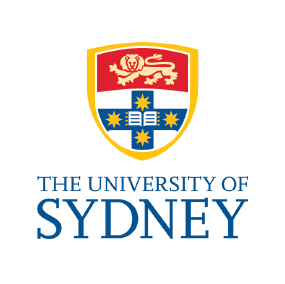
University of Sydney
The Australasian Wildlife Genomics Group (AWGG) will provide expertise in relation to genetics and understanding how to improve breeding and translocation decisions for koalas. They are global leaders in marsupial immunogenetics, understanding the immune system and conservation genomics, assisting conservation managers in their decision-making.
-

Forestry Corporation of NSW
Forestry Corporation of NSW manages over two million hectares of State forests in NSW for conservation, tourism and sustainable timber production and has been managing these forests for more than a century.
We partner with the KCA in koala research and provide branches for koala furniture. We grow 25,000 koala feed tree seedlings annually that KCA provides to landowners to restore koala habitat in the local area.



